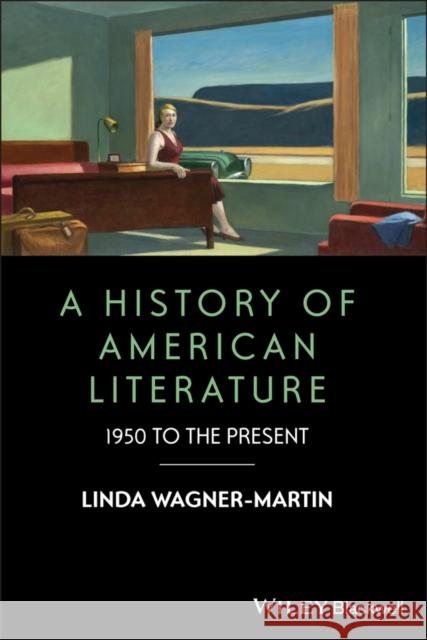A History of American Literature: 1950 to the Present » książka
topmenu
A History of American Literature: 1950 to the Present
ISBN-13: 9781405192323 / Angielski / Twarda / 2013 / 416 str.
A History of American Literature: 1950 to the Present
ISBN-13: 9781405192323 / Angielski / Twarda / 2013 / 416 str.
cena 497,79
(netto: 474,09 VAT: 5%)
Najniższa cena z 30 dni: 492,70
(netto: 474,09 VAT: 5%)
Najniższa cena z 30 dni: 492,70
Termin realizacji zamówienia:
ok. 30 dni roboczych
Dostawa w 2026 r.
ok. 30 dni roboczych
Dostawa w 2026 r.
Darmowa dostawa!
- The History of American Literature from 1950 to the Present offers a comprehensive analysis of the wide range of literary works that extends into the 21st century
- Covers drama, poetry, fiction, non-fiction, memoirs, science fiction, and detective novels
- Features discussion of American works within the context of such 21st-century issues as globalization, medicine, gender, education, and other topics











